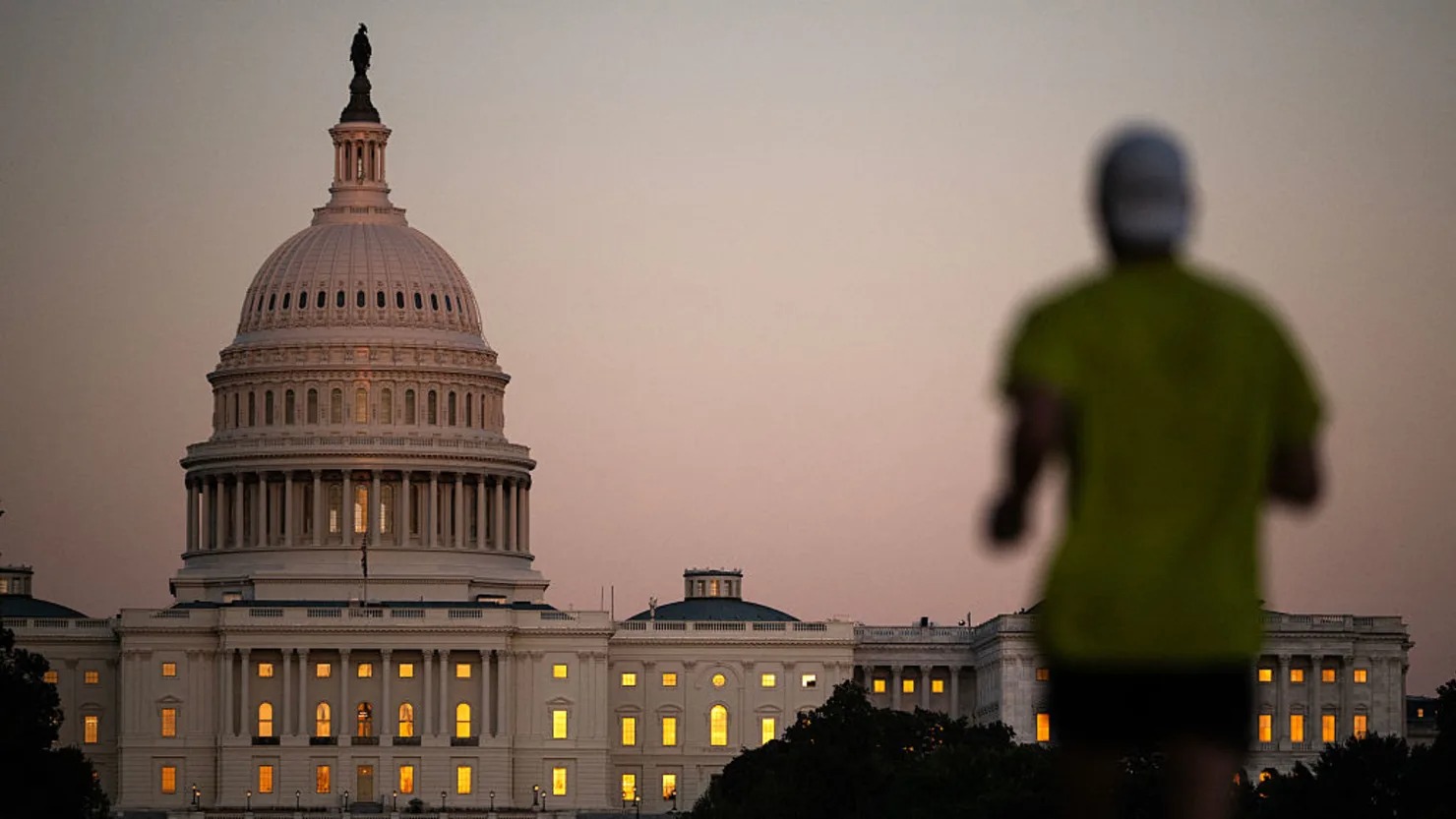The government shutdown impact on commercial real estate is proving to be deep and far-reaching, touching nearly every corner of the property market. While shutdowns often draw attention for their effect on residential sales and mortgage delays, the commercial sector faces a slower but more complex disruption—one that undermines investor confidence, financing, and long-term project timelines across the country.
When the government closes, data releases that investors rely on vanish. Key economic reports from the Bureau of Labor Statistics, Census Bureau, and other agencies—covering employment, construction spending, housing starts, and building permits—go dark. These are critical indicators for commercial developers, multifamily investors, and lenders. Without them, decision-making stalls, and uncertainty spreads through financial markets that fuel commercial deals.
The Commercial Real Estate Alliance (CREA) outlined several risks tied to the current situation:
- Reduced demand for leasing and new development as companies and government agencies delay projects.
- Greater difficulty securing financing amid market volatility.
- Slowed or halted permitting and approvals for construction and redevelopment projects.
This cascade of delays and uncertainty is already filtering through the government shutdown impact on commercial real estate, particularly in financing. Tighter credit conditions are emerging as lenders grow cautious about risk. “Investors and lenders look for stability, and when there’s political instability, it always creates more hesitation,” said Ran Eliasaf, founder and managing partner at Northwind Group, a real estate private equity and debt fund. “Political risk is the hardest to underwrite—whether it’s federal gridlock or local elections.”
Sector by sector, the pain varies. Retail and hospitality are the first to feel the sting as consumer spending drops—especially in regions with large federal workforces. “Think about small retailers and coffee shops with razor-thin margins,” said Christine Cooper, chief U.S. economist at CoStar. “If they lose their customers during a furlough, they can’t absorb the loss, and closures follow quickly.” In hospitality, tourism slows when national parks and federal attractions close, while major cities like Washington, D.C., face compounded declines in visitor traffic and hotel occupancy.
Senior housing and affordable development projects also face hurdles. Both rely heavily on the U.S. Department of Housing and Urban Development (HUD) for financing and guarantees. “For HUD financing, the queue will get longer,” said Eliasaf. “Applications will not be processed.” This delay affects not only developers but also operators managing ongoing construction and refinancing efforts.
Federal commercial real estate is among the hardest hit. Properties managed by the General Services Administration (GSA) see dealmaking grind to a halt. New leases, property sales, and maintenance contracts for government tenants are all frozen until funding resumes. REITs tied to federal properties—such as Easterly Government Properties and JBG Smith—face particular exposure. Easterly noted in an SEC filing that nearly all of its revenue depends on rent from U.S. government tenants. While many of these leases are tied to essential operations, even temporary uncertainty can ripple through stock valuations and investor sentiment.
The construction industry isn’t spared either. Past shutdowns, such as those in 2013 and 2019, offer a cautionary roadmap. Federally funded infrastructure projects stalled when agencies like the EPA and Department of Transportation paused permit reviews, freezing billions of dollars in spending. The resulting delays hurt contractors, electricians, and plumbers who rely on steady project flow to manage labor and materials. Today, many in the construction sector fear a repeat scenario if the shutdown drags on.
Ultimately, the government shutdown impact on commercial real estate underscores how deeply interconnected public and private markets have become. From Wall Street to Main Street, data blackouts, delayed approvals, and financing bottlenecks ripple outward, slowing deal flow and shaking investor confidence. For commercial developers, landlords, and tenants alike, the road to stability depends on how quickly Washington can turn the lights back on.

